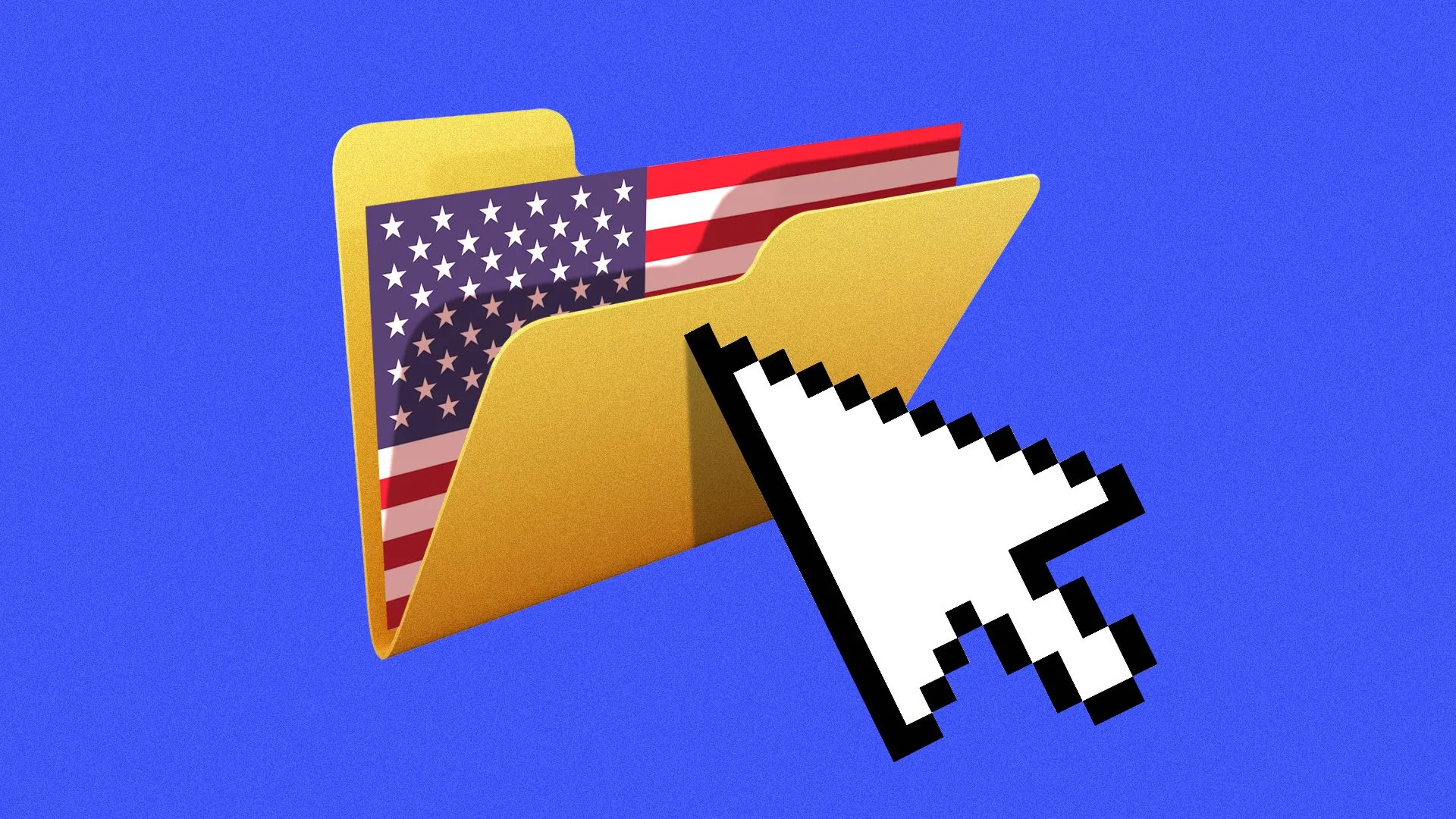Who needs the news, the Capitol, or the White House when you have X, Facebook, Instagram, and TikTok? As social media continues to permeate our society, it sinks its digital claws deeper into US politics. This is not exactly surprising. We live in an increasingly digitalized world, and as an effect, politics and politicians rely on social media. It is a quick way to keep people informed.
However, with the new era of tech-billionaire-dominated politics, this overlap between social media and political information goes beyond casual policy updates. It’s become indicative of a possibly AI-led government. In other words, eerie. It’s not just going to increase polarization due to the algorithms it projects for individuals, but with tech companies already serving as new weapons in the U.S. government’s arsenal, classified information is at risk of leaking—to who knows where.
When considering politics and social media, some things don’t sit quite right. Why is everything occurring on X? Why are all political announcements by Democrats, Republicans, or Independents occurring through social media websites? Why are politicians having full-fledged X wars? Beefing on social media?
It is one thing to have a social media account representing the individual’s position, such as “President of the United States,” which posts information regarding the office. But what about politicians using individual accounts to publish information and attack others?
The White House organization itself slammed Selena Gomez as she protested against immigration crackdowns. This is the sort of behavior you are taught not to engage in middle school. Everything now happens on social media. Bill announcements, lawsuit announcements. It all starts with an app.
It is worth mentioning the most notorious example of this. Donald Trump used to be a Twitter fiend, going on childish and dangerous rants. From stating that the BLM movement was becoming a “symbol of hate” to threatening Iran, he repeatedly used inflammatory rhetoric that shaped his presidency. Rants are not an unusual social media behavior, although they are for a president.
What was also unusual was how he fired officials through social media. Reince Priebus, Rex Tillerson, and James Comey are all examples of Trump’s first cabinet from 2016-2020 who found out they had lost their jobs through a Tweet.
Then, he was banned “due to the risk of further incitement of violence” following the January 6 insurrection. Following Elon Musk’s purchase of Twitter, now X, Trump’s account was reinstated. Trump, however, has opted to use Truth Social, a forum he created. As of March 15, 2024, according to an analysis from Poynter in 2024, 760 of Trump’s posts are written in all caps, 570 are direct insults, and 500 reference election denialism.
Denying the results of the election notably culminated in the January 6 Insurrection, something Trump later labeled as “A Day of Love”. Because of uncensored access to social media, with misinformation management being pulled back, Trump is able to promote this. He can create an entirely false narrative…and have people believe it. Social media gives Trump an uncensored platform to spread misinformation and hatred to stir polarization and violence.
Maybe it can be argued that what the individual President chooses to do with his social media does not involve others. If Trump’s social media usage and social media’s involvement in politics were limited to individual usage, that would be fine. Unfortunately, it is not. While Trump has been dominating headlines since his inauguration, so has another name. Elon Musk.
Elon Musk was not elected by the American people. Yet he seemingly has more control and influence than politicians who were. If Musk were simply a fly in Trump’s ear, there would be less reason to panic. But when his DOGE (Department of Government Efficiency) organization, which people know close to nothing about, is feeding sensitive federal data into AI to target cuts, that is when alarms should start ringing. DOGE is looking to access information at the Department of Treasury, specifically the Bureau of the Fiscal Service, whose system covers everything from Social Security and Medicare to IRS refunds.
The employees of DOGE are unqualified, and some have connections to a Telegram-based cyberattack-for-hire service. Yet, they’ve already gained data from agencies such as the Energy Department and the Office of Personnel Management. Not only that, but with Meta recently shelving its fact-checking policy, information and distribution will be tailored to the image the government wants. It does not matter if it is true or not.
Social media has a deference to Trump. When TikTok was reinstated, the message read: “We are fortunate that President Trump has indicated that he will work with us on a solution to reinstate TikTok once he takes office,” the company posted in its pop-up message. “Please stay tuned!”.
Citing Trump as the reason the app is functional again is terrifying. More and more social media companies are entering Trump’s web. The real-life manifestation of this was seeing TikTok CEO Shou Chew, Mark Zuckerberg, and Elon Musk, among other tech billionaires, seated prominently at Trump’s inauguration.
Why does it matter? Because social media is the ideal place to stir fear, polarization, hatred, and misinformation. And Trump knows this. During his first term as president, Trump tried to ban TikTok, claiming it was capturing mass information about Americans and leaving them vulnerable to the Chinese government. This was also most likely incentivized by the fact that users on TikTok claimed credit for the disappointing turnout at a Trump rally in Oklahoma in 2020. Rally attendance is a sore spot for Trump. So if TikTok was working against him, why keep it?
However, now the president is aware of how much he can stand to benefit from having social media apps in his pocket. CNN reported on the ban’s reversal, quoting the President: “I have a warm spot in my heart for TikTok,” Trump said, then claiming to have won the youth vote by a significant margin. “And there are those that say that TikTok had something to do with it.”
Social media can replace the news, which Trump has quickly ensured, as social media influencers are now a part of White House press briefings. Pulling back fact-checking on social media apps and allowing tech billionaires access to government classified information all have horrific implications. According to an article published in the National Library of Medicine, “Social networks such as Twitter, Facebook, and Google hold the potential to alter civic engagement, thus essentially hijacking democracy, by influencing individuals toward a particular way of thinking”.
Privacy and safety are being violated, and within the murky waters of social media, it is almost impossible to know that it is even happening. The most prominent example so far has been a website called “DEI Watch List” which published a list of federal health workers, the majority of which are black. The website had photos, names, and private information of several workers across health agencies. It included political donations and screenshots of social media posts.
Politics are being played out online. Sensitive information is being accessed by unknown individuals, fed into unknown AI, and will have unknown consequences. Trump has collected social media apps like Pokémon cards and is adding them to his arsenal.
With the overwhelming amount of information pouring through social media apps, polarizing views, executive orders, and Musk’s reach, we have no idea what is going on or coming next. And maybe that’s the whole point.
Other posts that may interest you:
- A Part of All or a Part of None?
- Why Wear Black Robes When Embodying Red and Blue?
- Intended to Unite but Slippery in a Fight: The Double-Edged Blade of Language
- Ready for Round Two? America is Headed for a KO.
- Boo! The Spooky Reality of Gen-Z Dating
Discover more from The Sundial Press
Subscribe to get the latest posts sent to your email.





